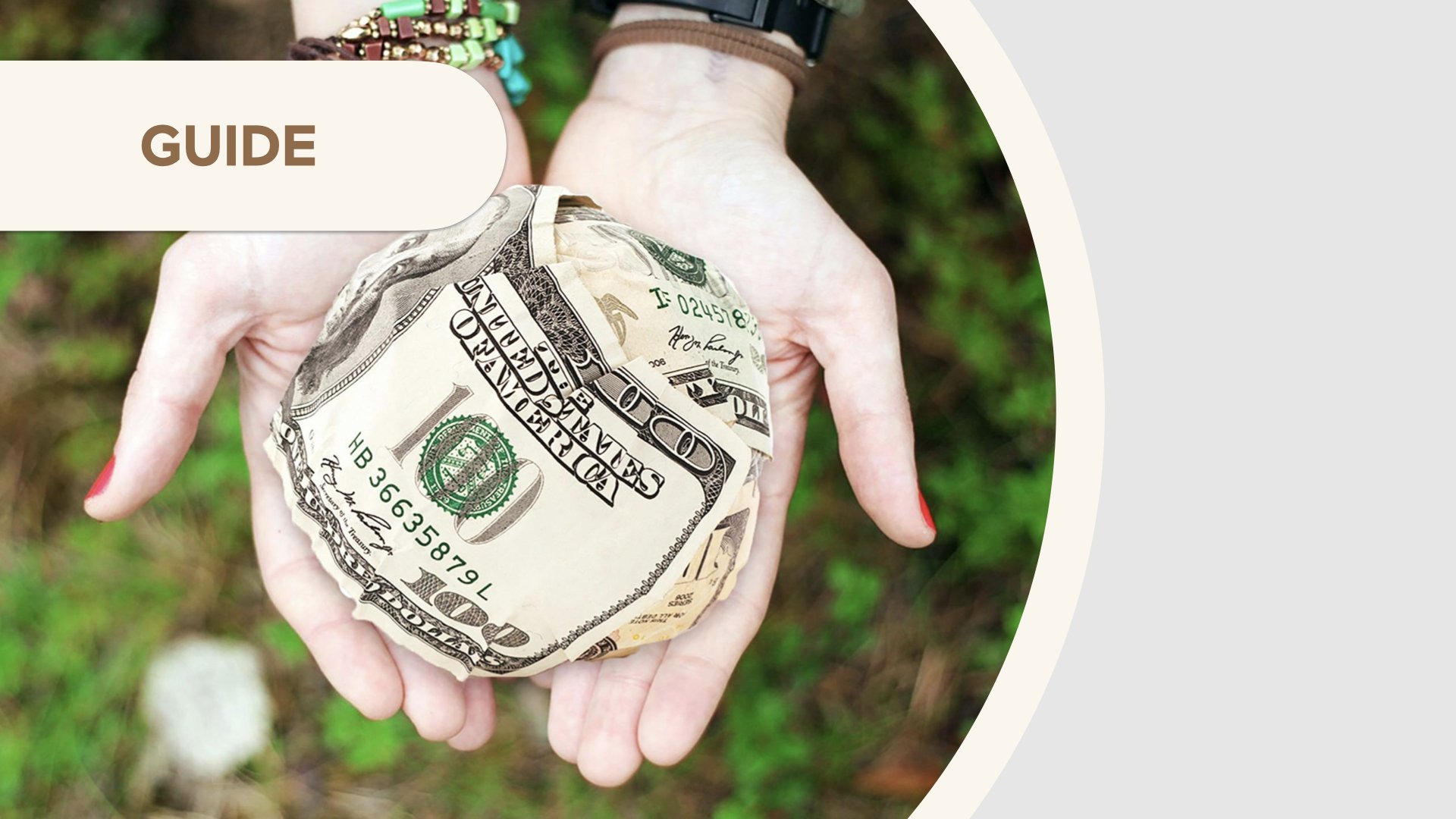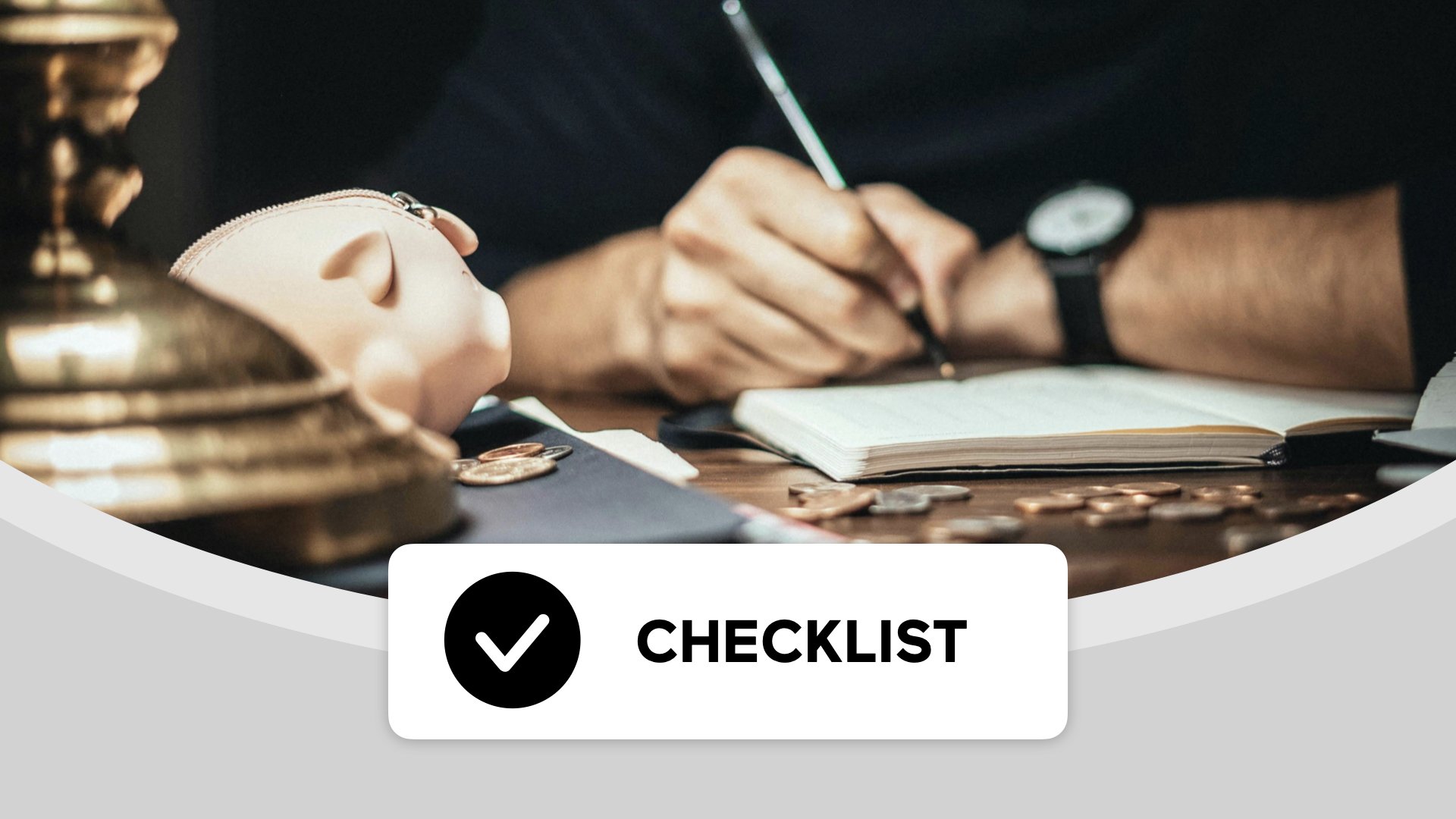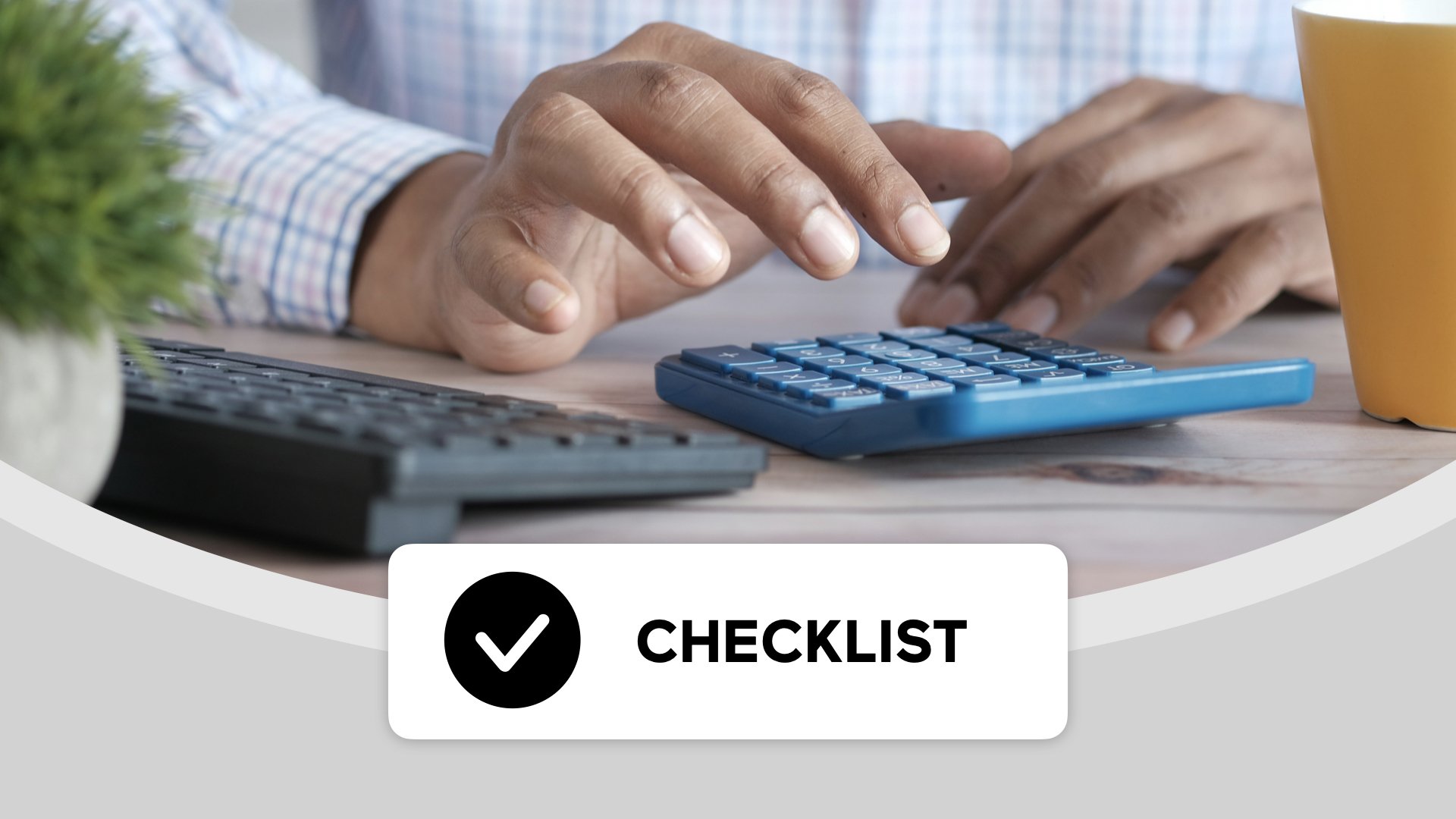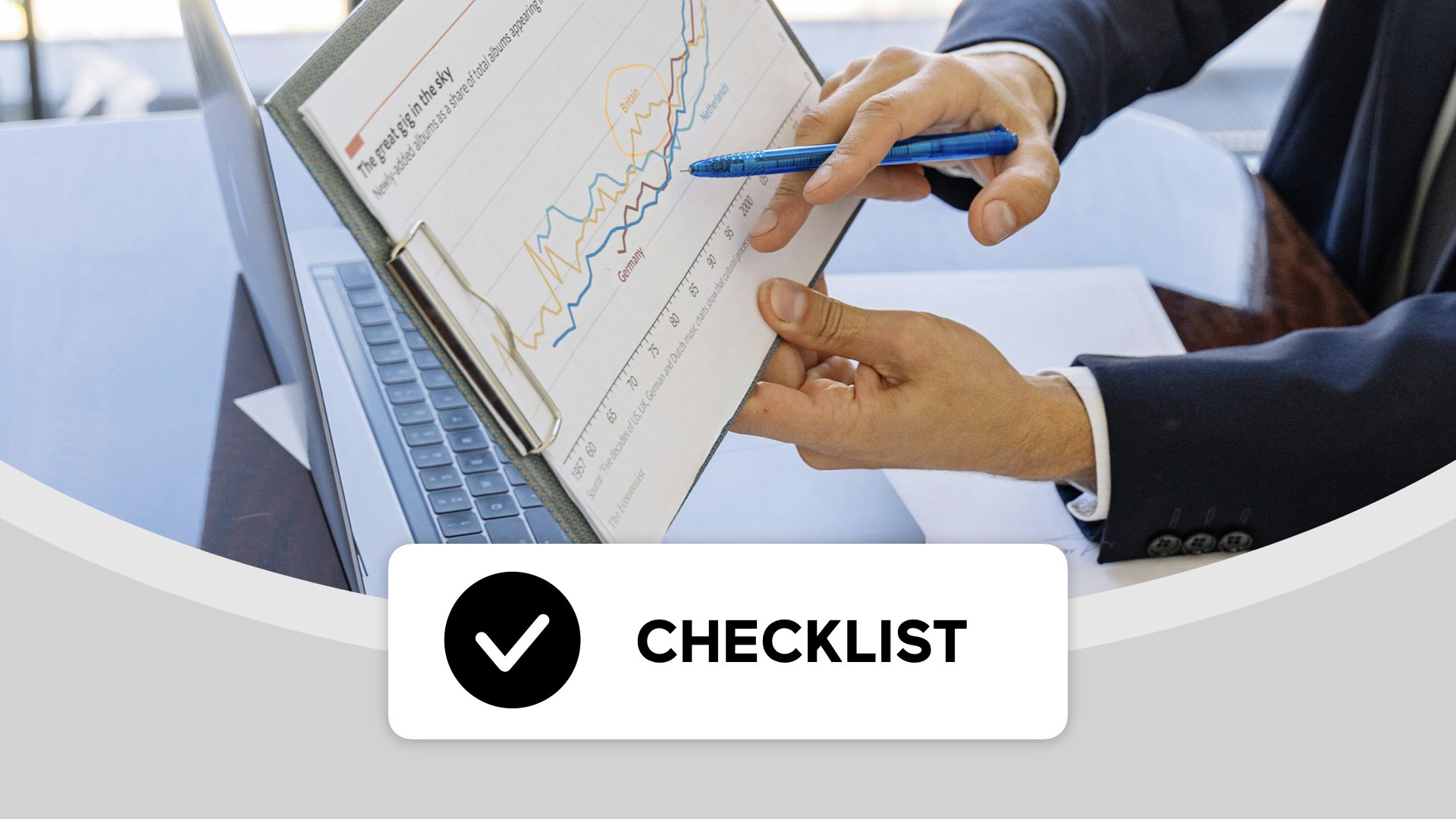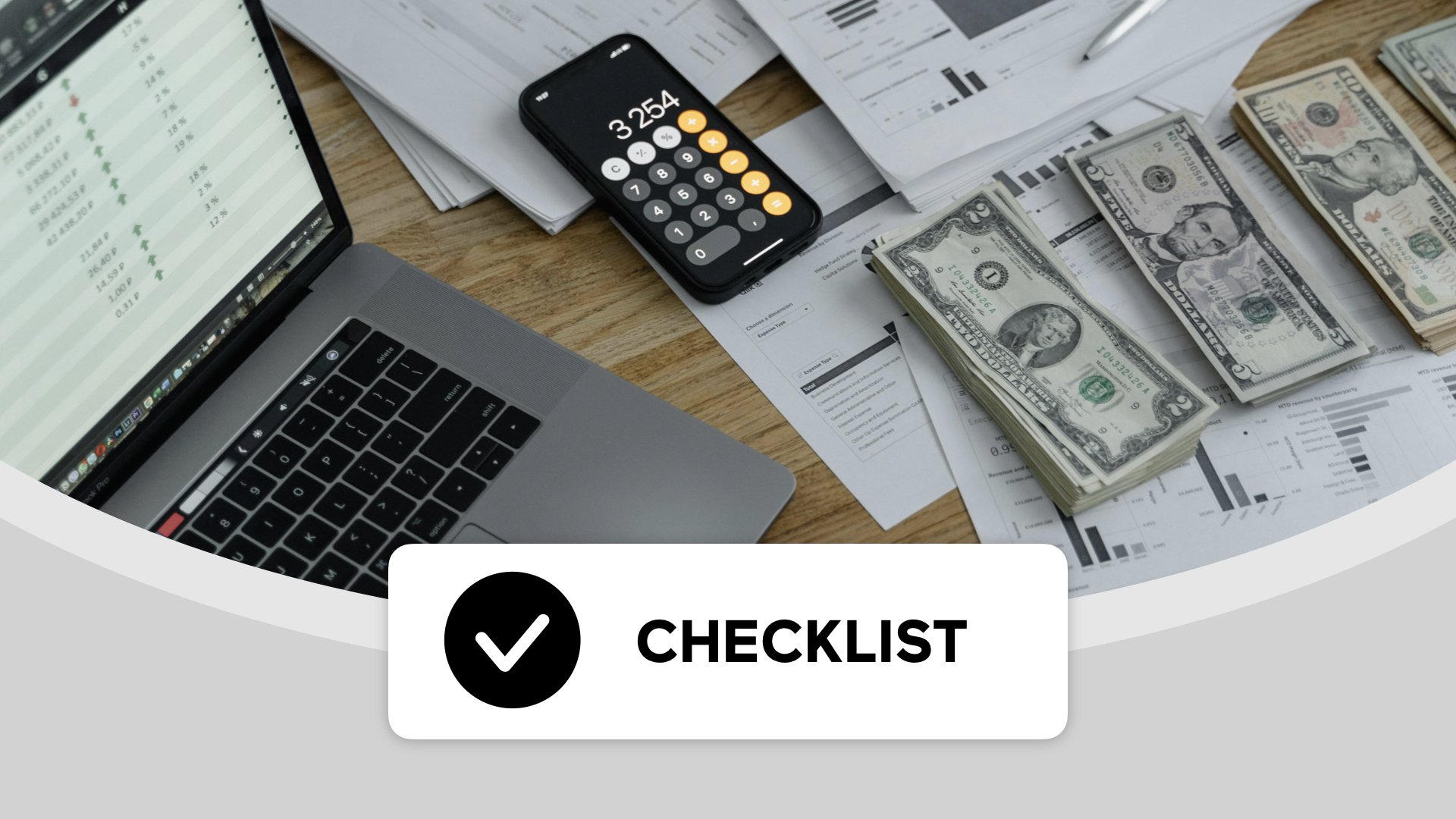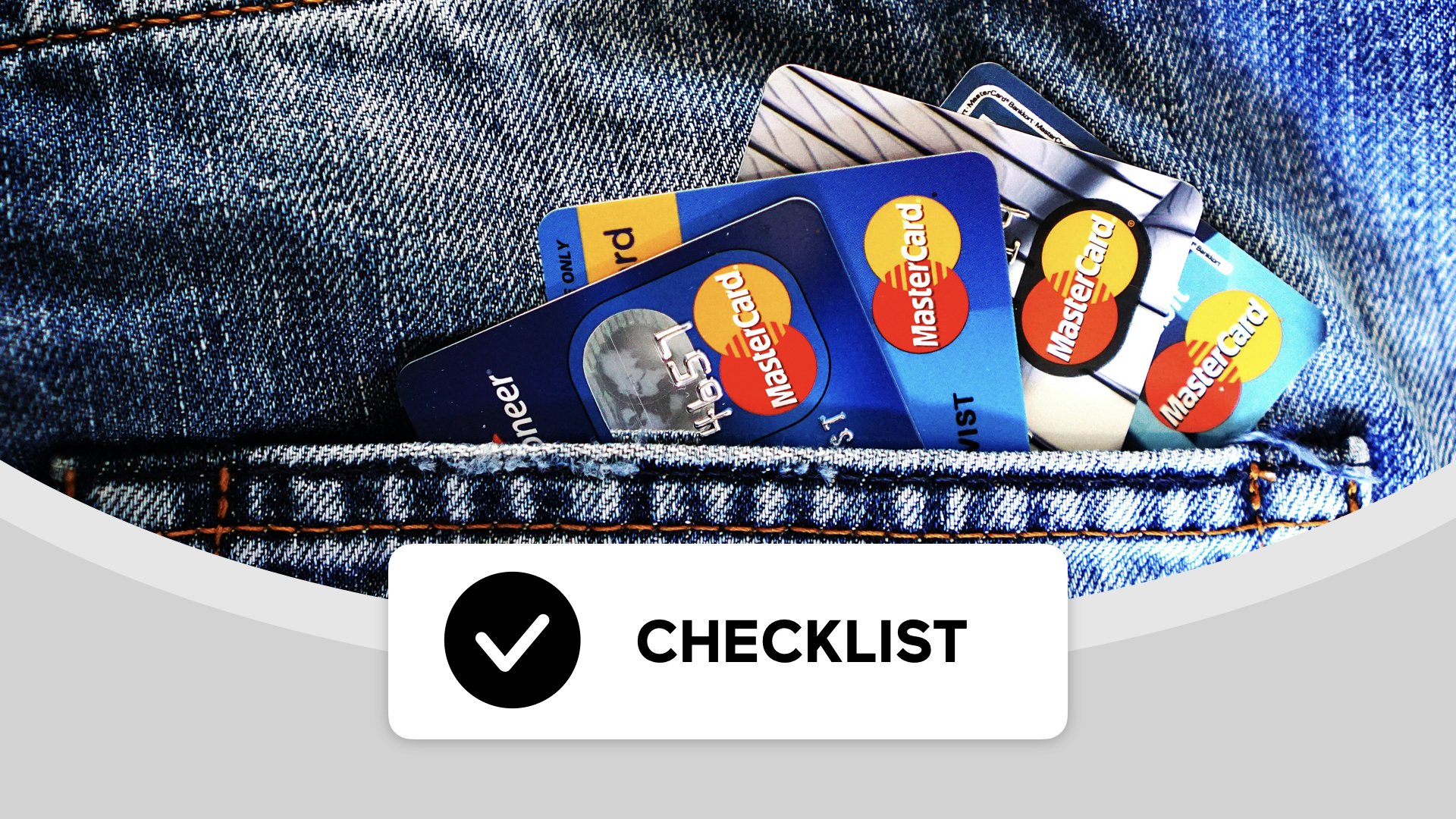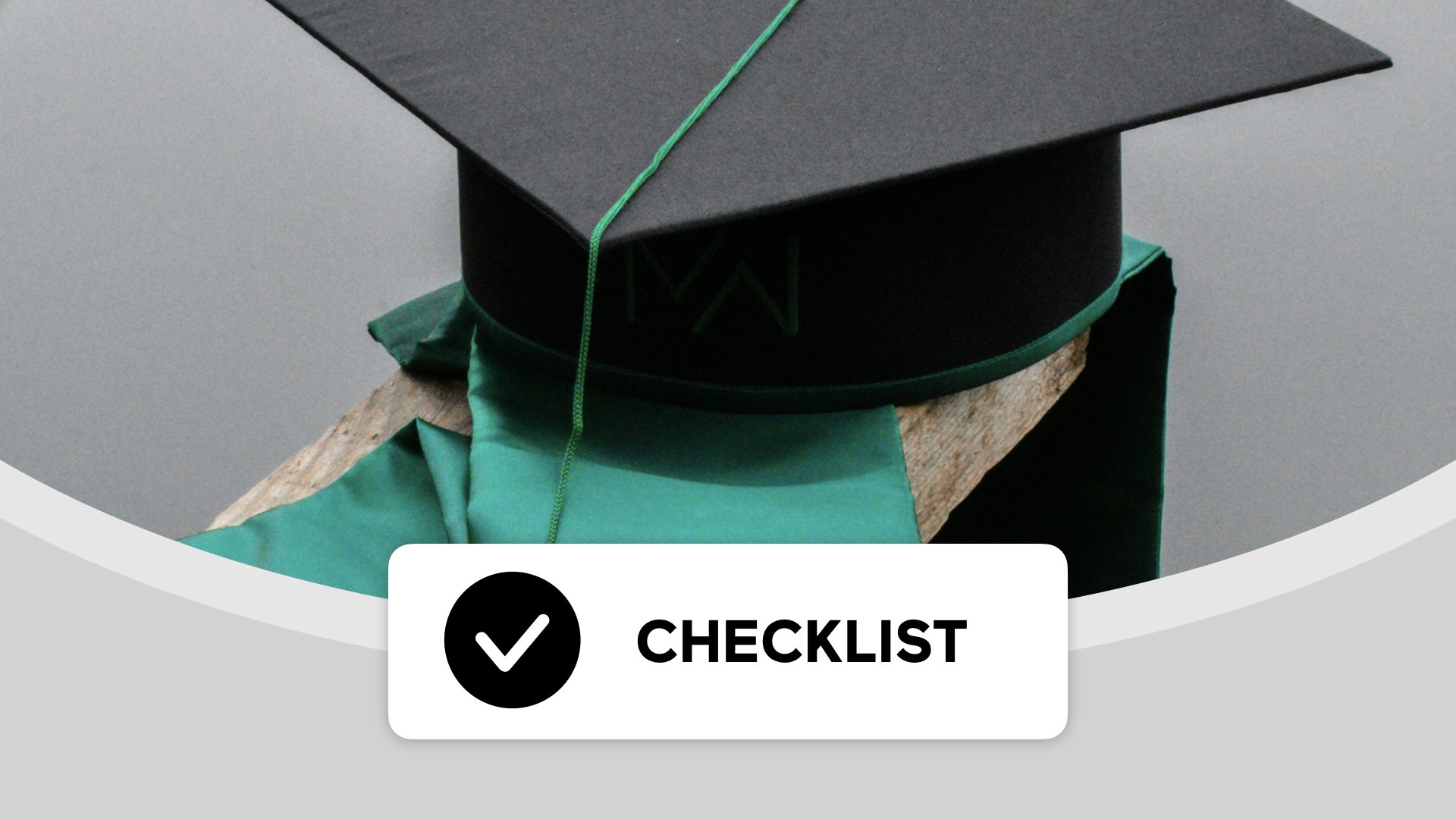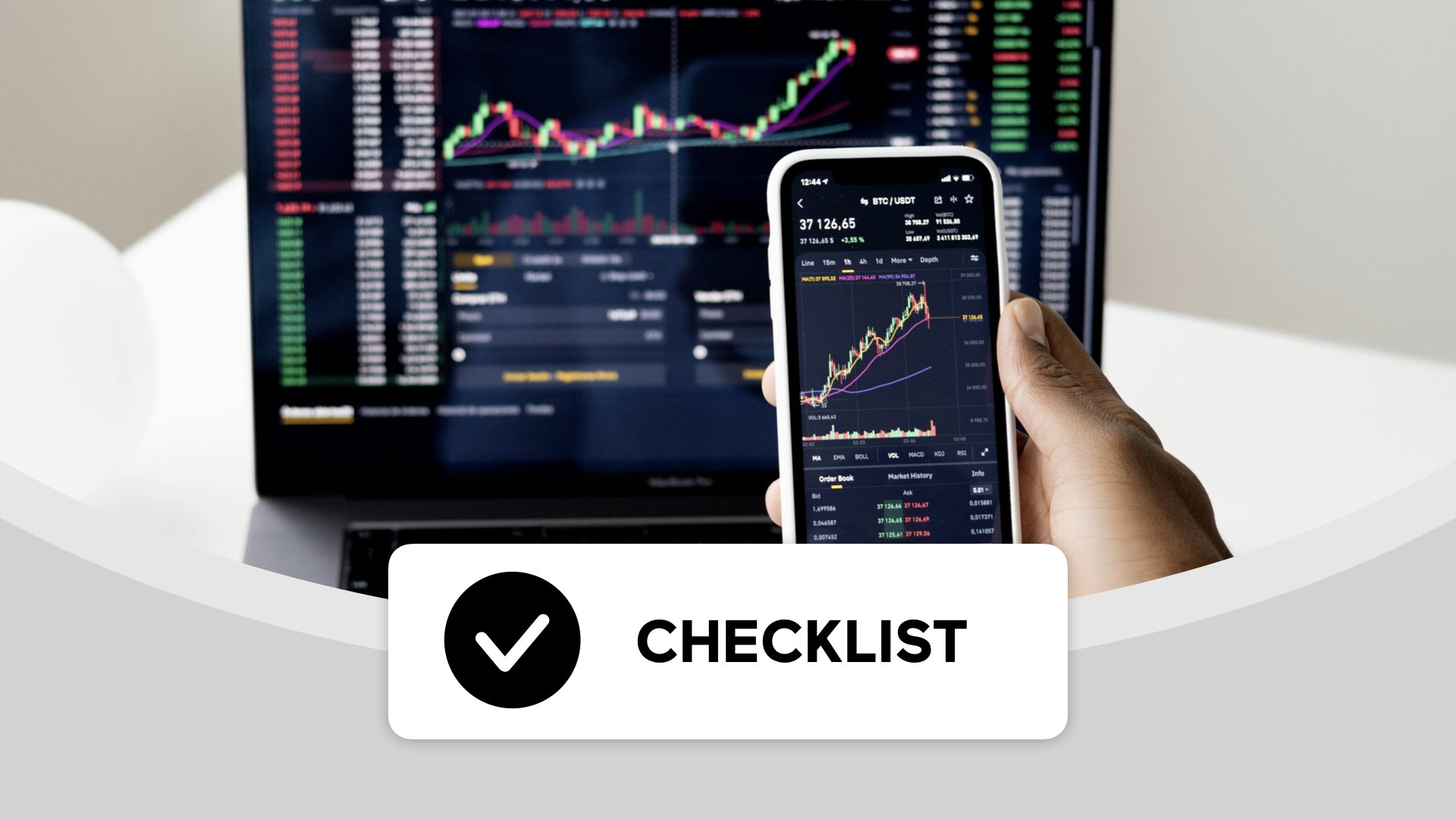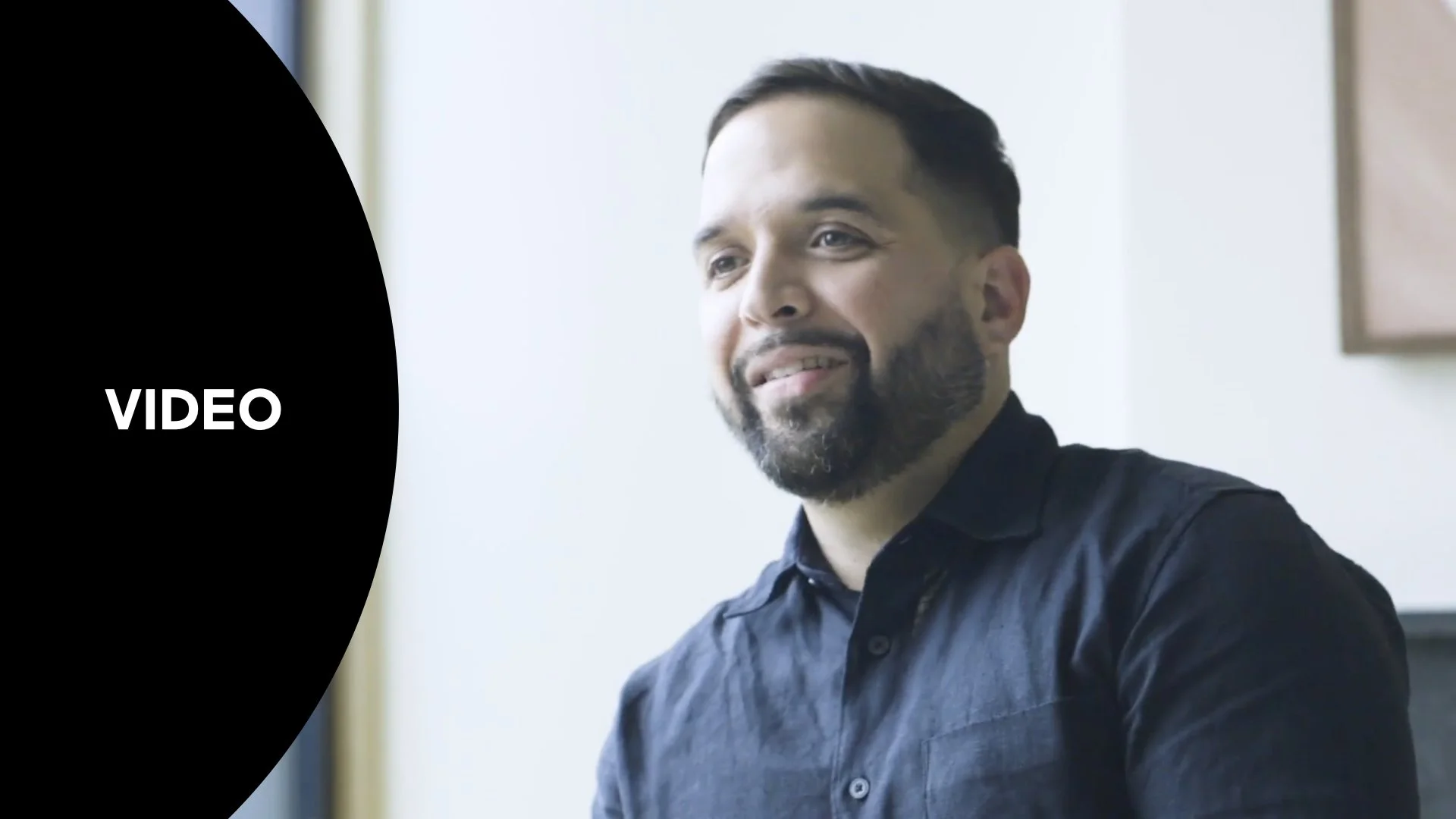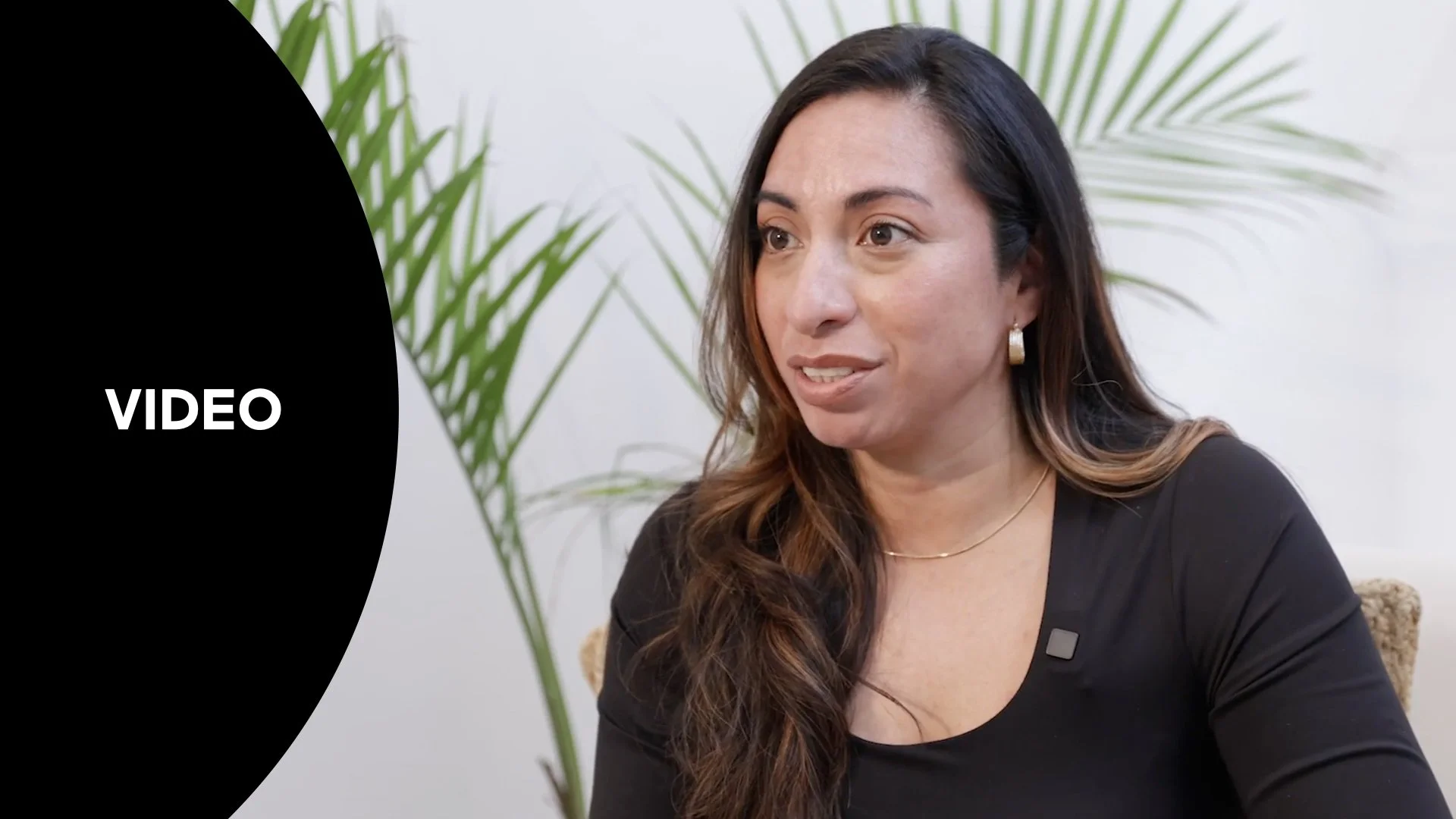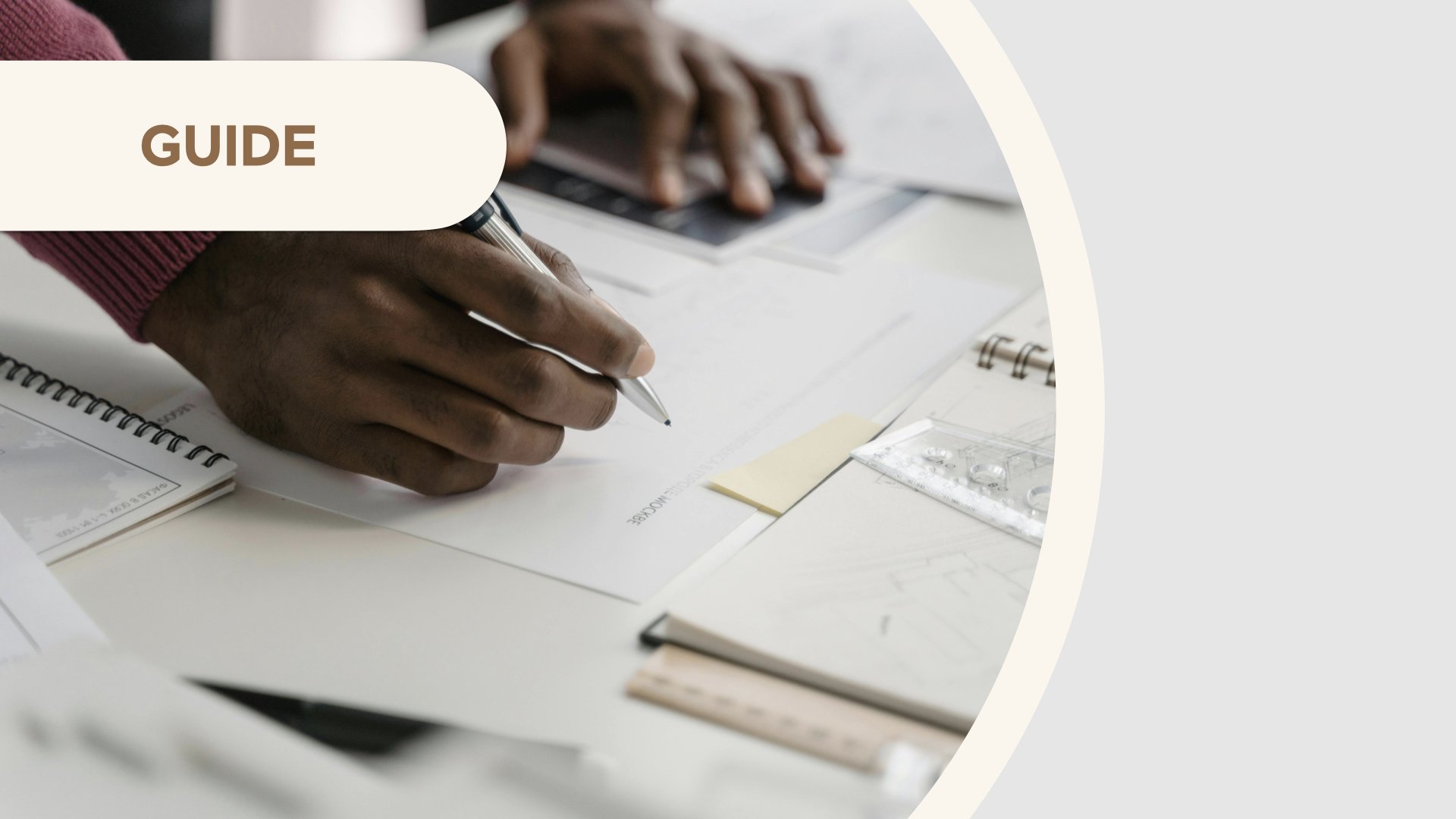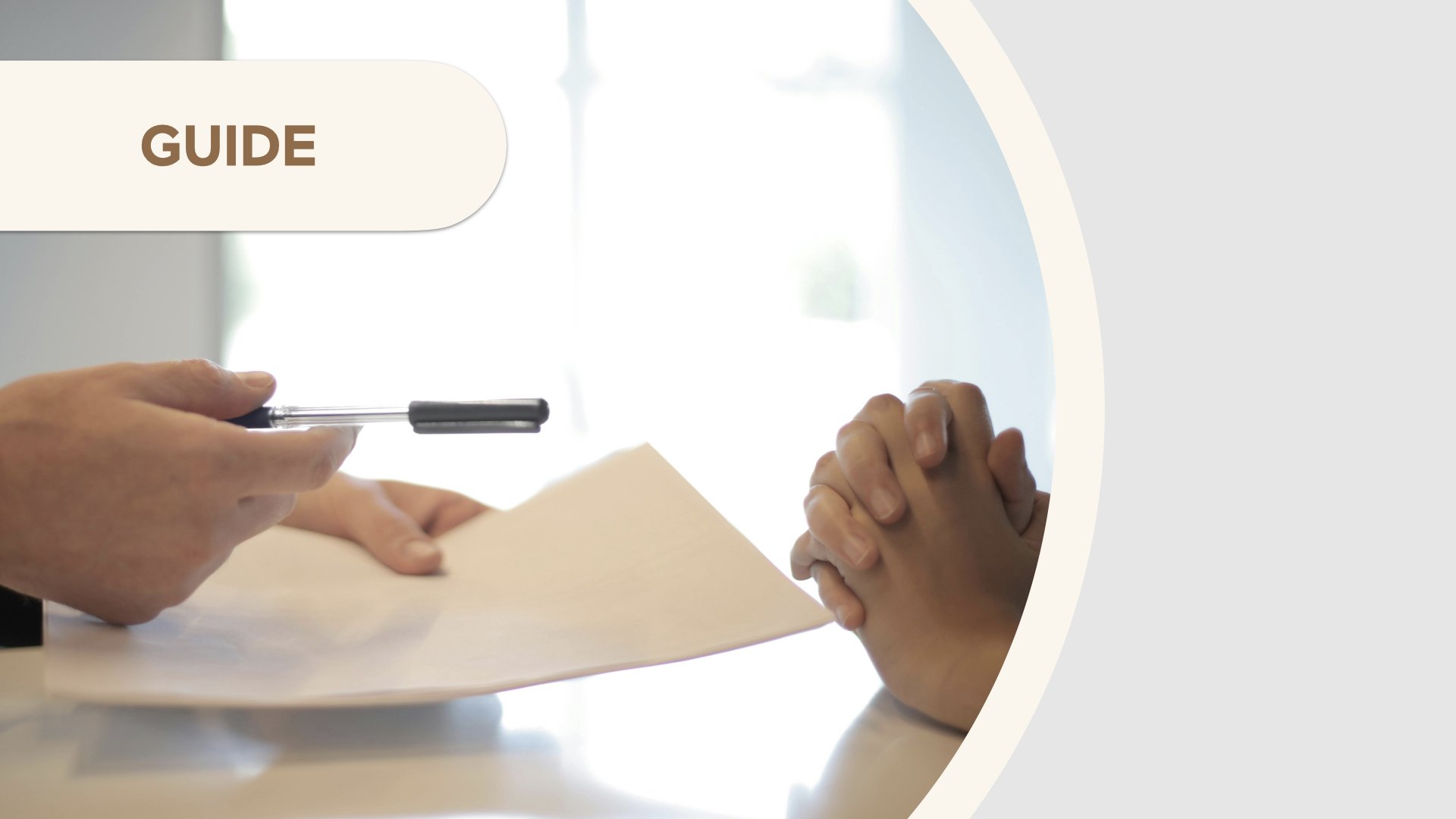Financial literacy is about giving yourself the tools to make empowered decisions that shape a secure and fulfilling future.
Financial wellness, often overshadowed by other dimensions of wellbeing, plays a pivotal role in the quality of life.
Financial wellness and physical wellbeing are two dimensions of health that are often discussed separately.
Financial wellness isn’t just about having a large bank balance or an impressive investment portfolio.
Financial wellness is about establishing a legacy of financial health and wise decision-making that can extend to future generations.
Building financial resilience is essential for managing the ups and downs of life, and relieving yourself of financial burdens and stress.
Setting and achieving financial goals can feel challenging, but it can also be incredibly rewarding when you approach it with a clear plan.
Creating a vision board for your financial goals is a powerful way to stay focused and motivated.
When it comes to saving money, it's easy to get caught up in the day-to-day grind and lose sight of the bigger picture.
When you’ve exhausted every option and still find yourself struggling to make ends meet, it’s important to know that you’re not alone.
Achieving financial independence means reaching a point where income from investments, savings, or other sources covers your living expenses without relying on a traditional paycheck.
Planning for your child's future can feel overwhelming, especially when financial challenges come into play.
Understanding the psychology of money is key to building a healthy relationship with your finances.
Our relationship with money is often shaped by the financial experiences we had growing up.
Emotion-based spending refers to purchasing items as a way to cope with challenging emotions, rather than out of need.
Your spending habits play a crucial role in your journey to financial freedom.
Financial stress can feel overwhelming, but taking a proactive approach can help ease the burden and bring a sense of control.
Understanding financial stress and its impact on your life can be a powerful step toward achieving financial freedom.
Financial stress is a common issue that can have a significant impact on your overall wellbeing.
Working your way out of debt can be a long and challenging journey, but it’s crucial to maintain a positive mindset and avoid burnout along the way.
Living paycheck-to-paycheck can be incredibly stressful, leaving you feeling like you're on a constant financial treadmill.
Financial freedom is the ability to live the life you desire without being constrained by financial limitations.
Navigating an uncertain economy can be especially challenging for those living paycheck to paycheck.
Financial stress during retirement presents unique challenges that differ from working years.
Financial abuse and scams impact millions of people each year.
Financial scams have become increasingly sophisticated, leveraging advanced technology and psychological manipulation to deceive individuals into giving away personal and financial information.
Financial fraud involves deceptive actions aimed at gaining money or property from individuals or organizations.
Realizing that your personal or financial information has been compromised can be unsettling.
Phishing attacks are among the most common ways that those who wish to gain access to your information or funds attempt to steal your personal details.
Discovering that you may be a victim of identity theft can be overwhelming and scary, but knowing what steps to take can help you regain control and protect your financial wellbeing.
Find a comprehensive checklist, including figure out your priorities, reduce unnecessary spending and more.
Find a comprehensive checklist, including clearly define your financial goals, track your progress regularly and more.
Find a comprehensive checklist, including outline your financial goals, collect inspiring visuals and quotes and more.
Find a comprehensive checklist, including set clear financial independence goals, focus on strategic saving and investing and more.
Find a comprehensive checklist, including identify sources of financial stress, create a realistic budget and more.
Find a comprehensive checklist, including learn the common types of scams, personal safety methods and more.
Find a comprehensive checklist, including assess your income and expenses, choose a budgeting method and more.
Find a comprehensive checklist, including reframe your financial view, reducing or eliminating non-essential expenses and more.
Find a comprehensive checklist, including set a clear budget, research your options, create a savings plan, and more.
Find a comprehensive checklist, including recognize the types of subscriptions, evaluate your current subscriptions and more.
Find a comprehensive checklist, including checking accounts, savings accounts, money market accounts, and more.
Find a comprehensive checklist, including understand your income sources, create a flexible budget and more.
Find a comprehensive checklist, including assess your financial situation, define your financial goals and more.
Find a comprehensive checklist, including understand your financial goals, build a budget that works for you and more.
Find a comprehensive checklist, including key concepts, sustainable investment strategies and more.
Find a comprehensive checklist, including income variability, job search expenses, training and education, and more.
Find a comprehensive checklist, including learn about the types of alternative income sources, getting started and more.
Find a comprehensive checklist, including reflect on your lifestyle and commitments, take stock of your skills and talents and more.
Find a comprehensive checklist, including key factors that affect credit scores, steps to improve your credit score and more.
Find a comprehensive checklist, including understand your credit score, build a positive credit history and more.
Find a comprehensive checklist, including different types of debt, understanding interest rates, the importance of your credit score, and more.
Find a comprehensive checklist, including understand your rights, review your debt details carefully and more.
Find a comprehensive checklist, including understand your loans, evaluate repayment options and more.
Find a comprehensive checklist, including learn the basics, choose an investment strategy, learn the types of investments, and more.
Find a comprehensive checklist, including learn the types of investment risk, risk and return, investment risk strategies, and more.
Find a comprehensive checklist, including homeownership planning, life partnership planning, becoming a parent, and more.
Find a comprehensive checklist, including open communication about money, create a joint budget and more.
Find a comprehensive checklist, including clarify your giving goals, budgeting for caregiving costs and more.
Find a comprehensive checklist, including understand the financial changes that will occur, the changes within your budget and more.
Find a comprehensive checklist, including create a moving budget, evaluate cost of living differences and more.
DIDN’T FIND WHAT YOU ARE LOOKING FOR?
Our dedicated team of experts is here to point you in the right direction.
Estate Planning
Estate planning is the process of making arrangements for the management and distribution of a person's assets after they die or are no longer able to make financial decisions.
Checklist: Estate Planning
Find a comprehensive checklist, including create an inventory, create a will, plan for the needs of your family, and more.
Estate Planning Fundamentals
How Early Estate Planning Can Lead to Peace of Mind
Estate planning may feel like a task to be tackled later in life, but addressing it early can provide a sense of security and clarity.
Differences and Similarities Between a Will and an Estate Plan
When planning for the future, it's common to come across both a will and an estate plan.
Beginner’s Guide to Creating a Will
Setting up a will might seem like something that only needs attention as your age progresses, but thinking about it earlier in life can be a helpful move.
A Basic Guide to Setting Up a Trust
A trust offers ways to manage and protect assets during life and after death.
Tips for Leaving Your House to Your Loved One
Leaving a house to a loved one is a significant part of estate planning and can be a meaningful way to provide security for your heirs.
Keeping Your Estate Plan Up to Date and Avoiding Missteps
An estate plan should reflect your current circumstances and priorities.
Estate Planning for Blended Families
Considerations for Discussing Your Estate Plans
Discussing your estate plans with loved ones can be a sensitive subject.
Managing Reactions During Estate Planning Discussions
Estate planning discussions may bring up a range of emotions for those involved.
Choosing and Preparing Your Estate Executor
An estate executor plays a vital role in carrying out the wishes laid out in your will after you're gone.
Potential Costs & Considerations for End-of-Life Planning
End-of-life planning involves thinking about both emotional and financial aspects.
The Importance of Power of Attorney (POA)
A Power of Attorney (POA) is a crucial legal tool that allows you to designate someone to make decisions on your behalf if you become unable to do so.
What to Consider When Choosing Your Power of Attorney
Selecting a Power of Attorney (POA) is an important decision in planning your estate.
Understanding Medical Power of Attorney (MPOA)
A Medical Power of Attorney (MPOA) is a vital legal document that allows you to appoint someone to make healthcare decisions on your behalf if you are unable to do so yourself.
What to Consider When Choosing Your Medical Power of Attorney
Selecting a Medical Power of Attorney (MPOA) is one of the most important steps you can take to ensure that your healthcare decisions are made according to your wishes, especially if you're unable to make them yourself.














